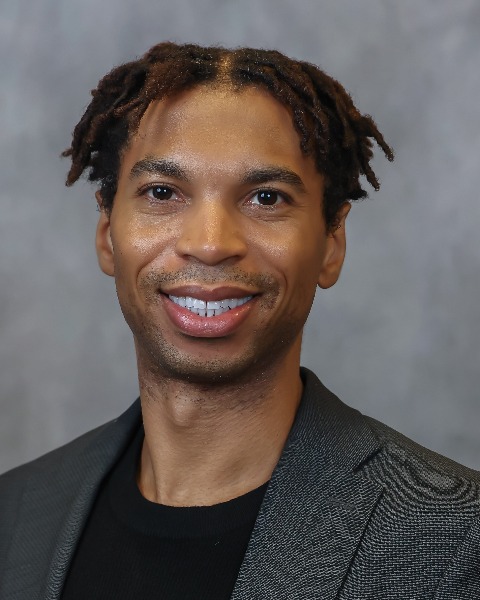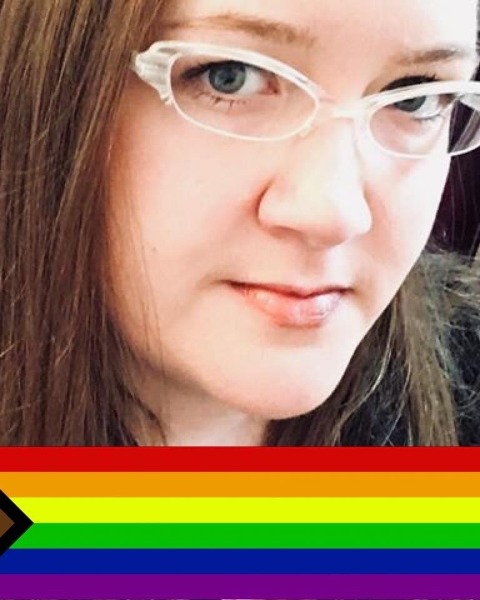Trans, Non-binary, and Gender-Diverse Peoples: How You Can Make a Difference for Donors, Patients, and Communities
-

Phil Accooe, MBA, MS, MLS(ASCP)SBB, CLS, CABP, PMP
Supervisor, Transfusion Service Laboratory
U.S. Department of Veterans AffairsDisclosure(s): No financial relationships to disclose
-

Terrie Butler-Foster, MScN (she/her/hers and they/them/theirs)
Manger Stakeholder Relations
Canadian Blood Services
London, Ontario, CanadaDisclosure(s): No financial relationships to disclose
-
AB
-
NV
Natalie Vanek, MD (she/her/hers)
Clinical Medical Director
Legacy Community Health
Houston, Texas, United StatesDisclosure(s): No financial relationships to disclose
-
LW
Lou Weaver
Research Assistant; President/CEO
MD Anderson Cancer Centre; Lou Weaver ConsultingDisclosure information not submitted.
Program Chair(s)
Speaker(s)
Many blood operators around the world are implementing individualized donor assessments that welcome more trans, non-binary, and gender-diverse people to donate. They are also exploring how to expand gender inclusivity in donor registration and screening systems to be more respectful and affirming of these donors. While these systemic policy changes are essential to be more inclusive of historically excluded and underserved groups, they must be underpinned by lived experience perspectives of those impacted. Trans, non-binary, and gender-diverse people are also facing increasing barriers to inclusion in society and healthcare with various proposed and approved legislation and policy that threatens their physical and psychological safety. AABB members and transfusion medicine professionals can be allies for these populations, advocating for their meaningful inclusion in these spaces and centering them in decisions that are made that impact them.
In this session, we will describe a large community-based qualitative study focusing on Trans and Gender-Diverse donors in Canada. The study findings shed light on the donation experiences of these donors and their perspectives on necessary changes to make donation more inclusive for them. Following this, speakers with lived experience as trans and gender-diverse people will describe the importance of meaningful engagement with communities directly impacted by decisions made within transfusion medicine and health care more broadly. They will share data about specific considerations for non-binary and gender-diverse peoples. They will describe how the findings from studies and community engagement can be used to mobilize change in your organization and how AABB members can create environments to gather lived experience perspectives. The health and social care realities that trans, non-binary, and gender-diverse people face and how AABB members can advocate for equity will also be shared. We hope this session will inspire transfusion medicine leaders to drive meaningful change for trans, non-binary, and gender-diverse people by centering the voices and lived experiences of these populations in the decisions they make.
Learning Objectives:
- Describe results from a large qualitative study with trans and gender-diverse donors examining their donation experiences and perspectives for change
- Highlight the importance of community-based research and community engagement of those with lived experiences when making changes to policies that impact them
- Highlight important considerations for non-binary and gender-diverse populations
- Explore health and social care realities that trans, non-binary, and gender-diverse people face in Houston and how AABB members can advocate for equity
- Inspire transfusion medicine leaders to drive meaningful change for trans and non-binary/gender-diverse people
